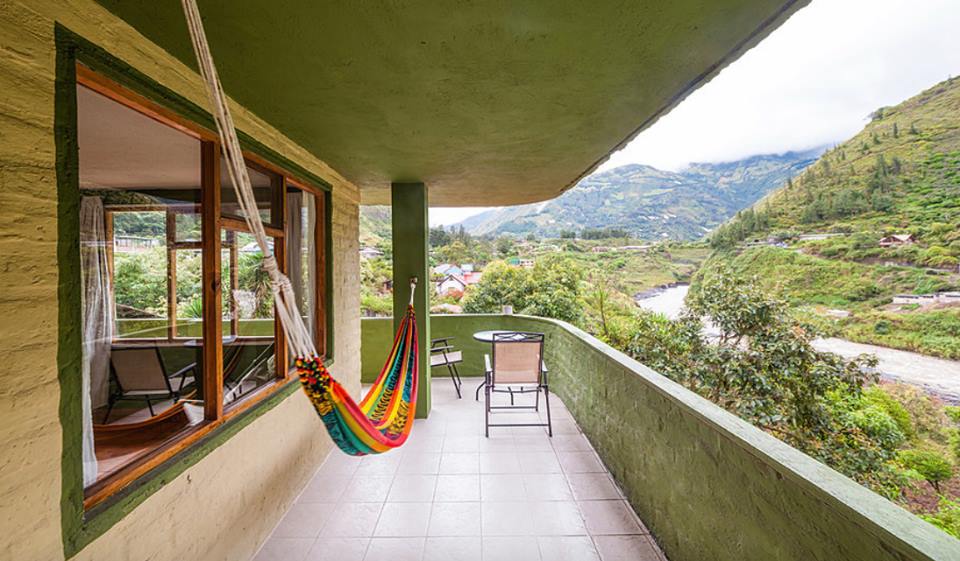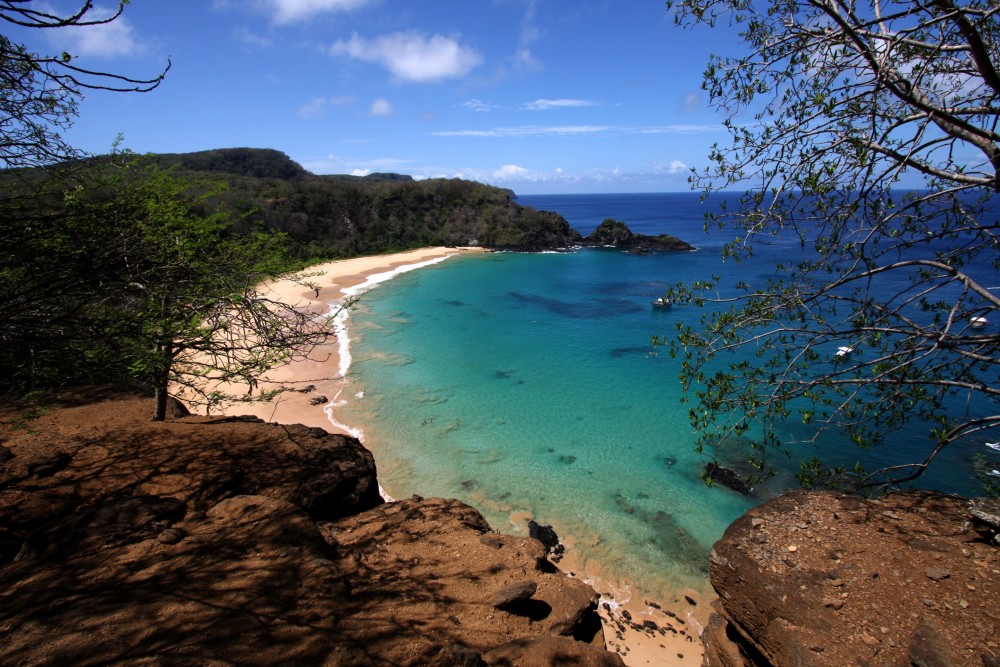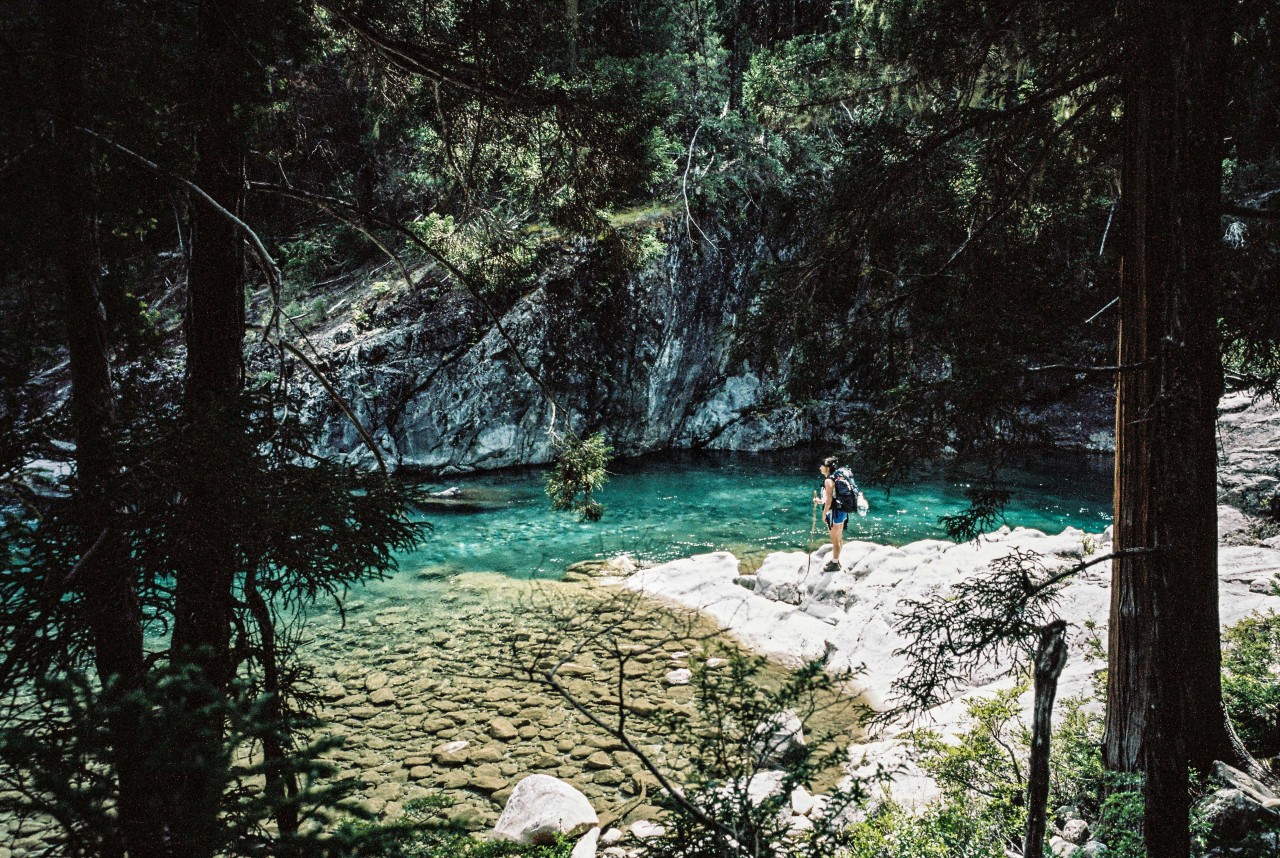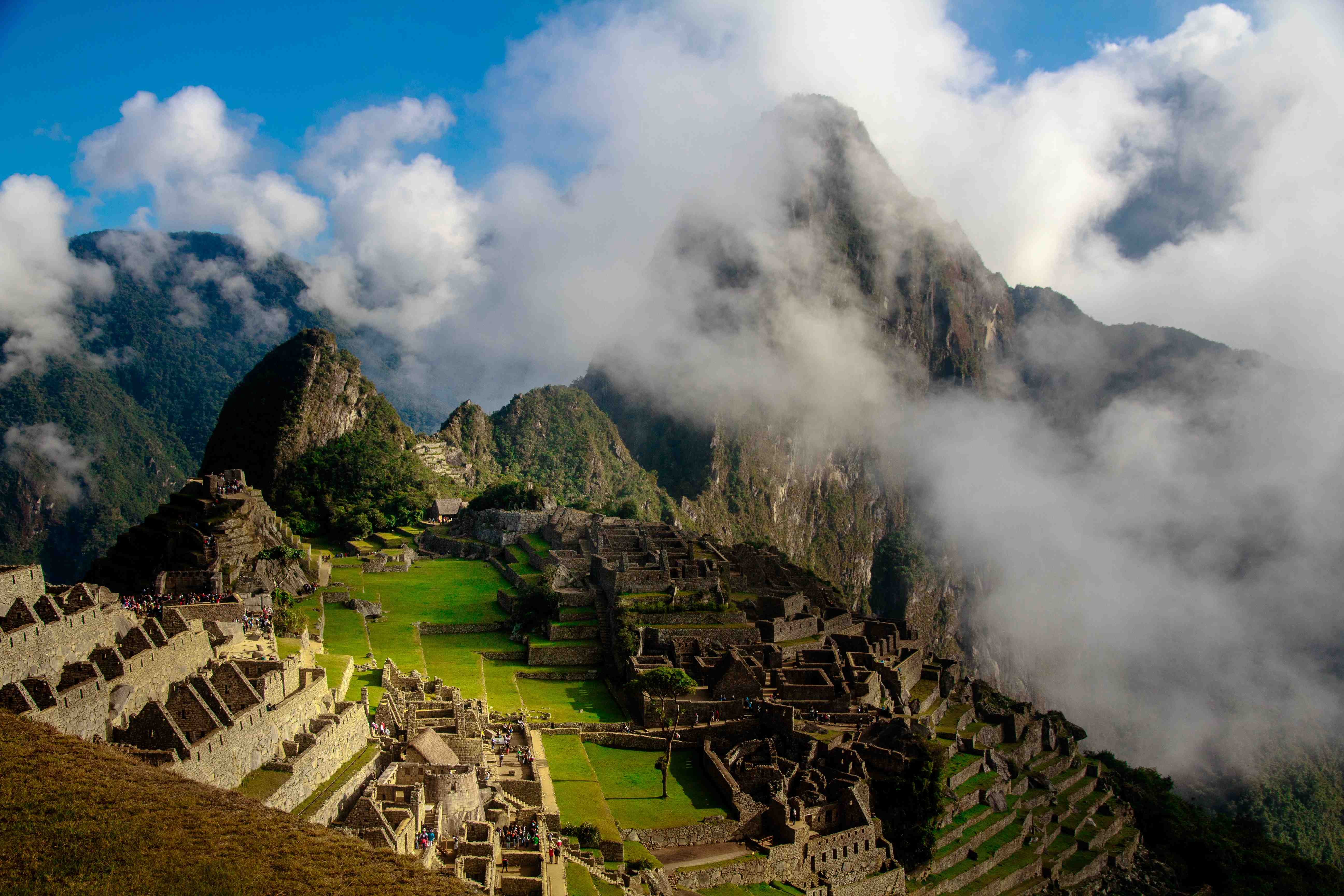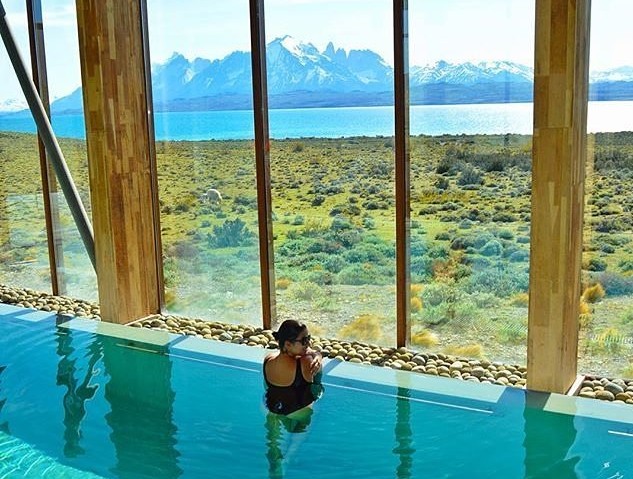6 Important Life Lessons I Learnt At The Galapagos Islands
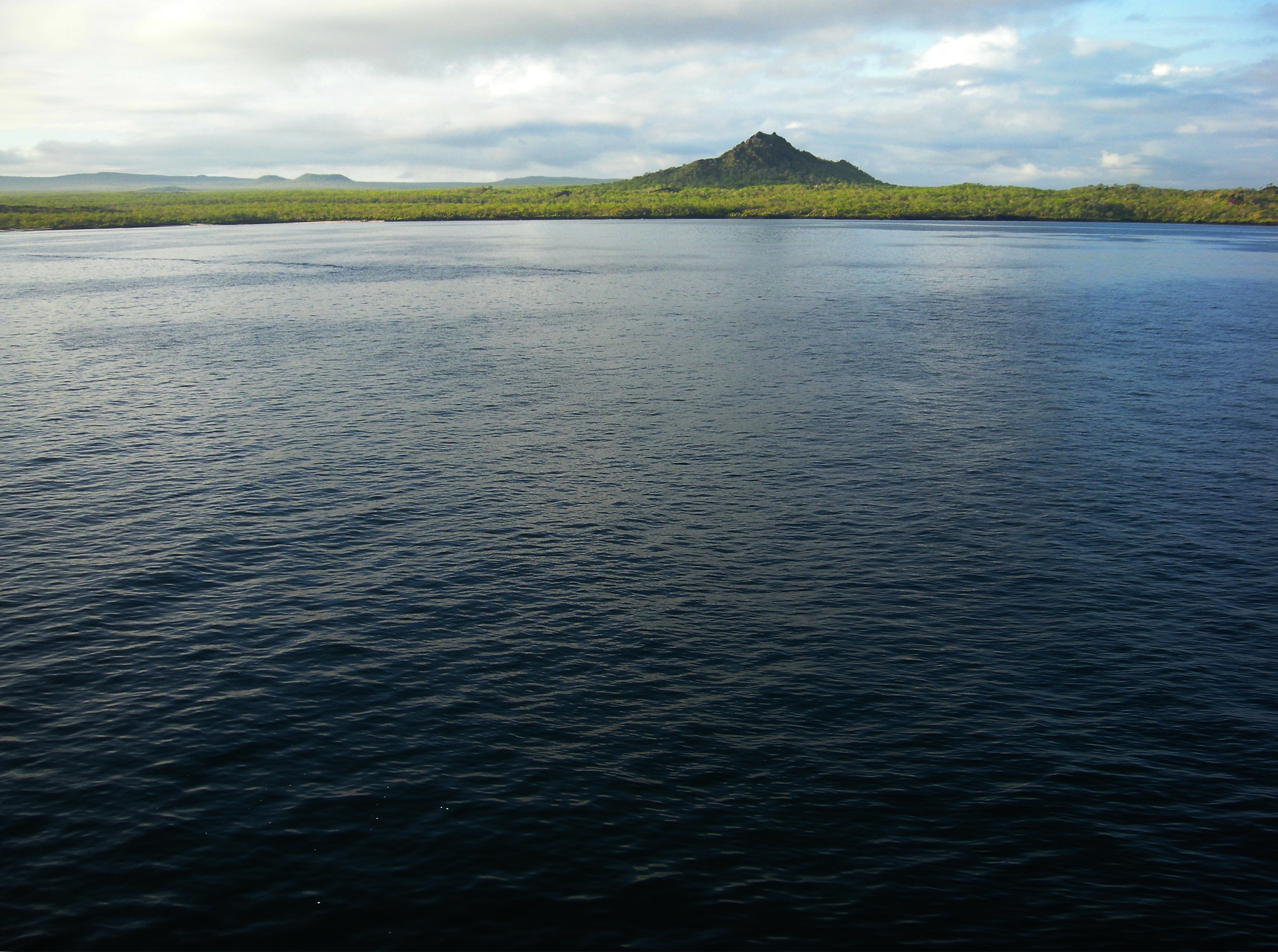
Travelling is fun, so sometimes Oliver writes about it.
Travel is really good at teaching you stuff. Commonly, it can teach you basic life skills like how to deal with acute food poisoning, how to keep it together on a ten-hour overnight bus ride, how to prevent too many sleepless nights from making you legitimately lose your mind and – more generally – how to deal with whatever life throws at you.
Less commonly, travel teaches you stuff that stays with you forever. And during my visit to the Galapagos Islands – the otherworldly (in the truest sense) volcanic archipelago off the coast of Ecuador – these lessons were waiting for me in abundance.
The islands are famous for massive tortoises and for being the place where Charlie Darwin formed his theory of evolution. Both of those things are cool, but to be honest, not that exhilarating on paper. It wasn’t until I arrived and got to know more about what’s gone down there and who’s gone down there that I realised just how profound a visit to the place could be. Here’s what I learnt.
#1 Educate, adapt and survive

And I’m not talking about the animals here. For centuries, the descendants of the penal colonies set up in the Galapagos Islands in the 1800s fished and hunted the local non-human inhabitants to make a living. Before that, the islands were popular with whalers, who took to hunting the lumbering giant tortoises for their fat. But the tourism boom of the ’70s meant all of this had to stop.
Some basic education aimed at the islands’ inhabitants meant that almost everyone realised that preserving the Galapagos’ land, sea and airborne wonders was a far better idea than systematically wiping them out. A vast number of Galapagonians now working in tourism on the islands lived through this shift in mindset. The boat I was on during my trip around the islands was crewed by such men – men who used to fish the hell out of the Galapagos, who now cherish the wildlife with every fibre of their being. For these dudes, education was the key to better decisions and a far more sustainable working life.
#2 Don’t be a jerk
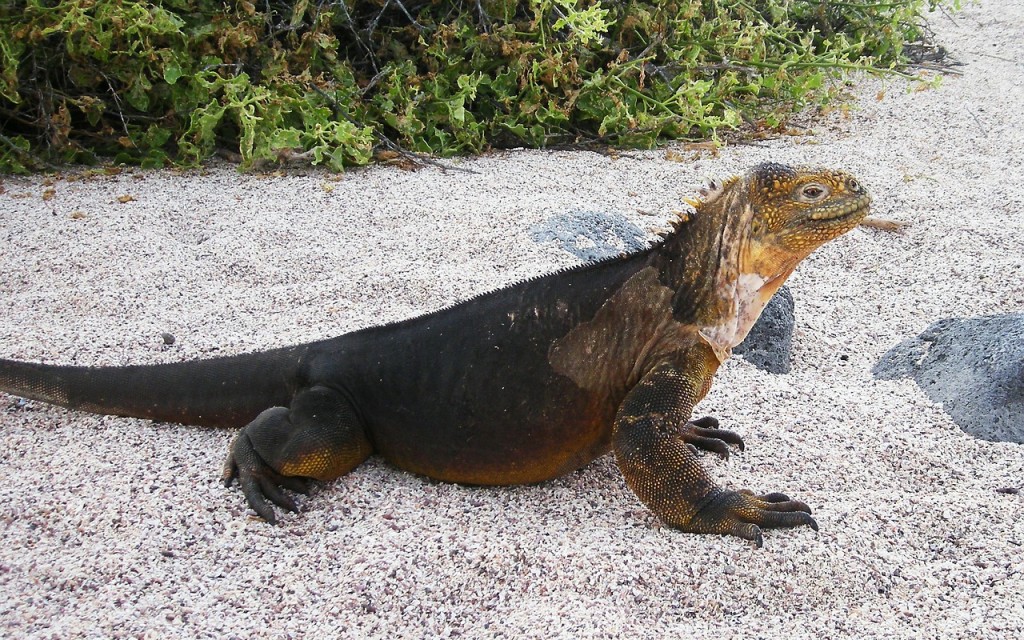
I don’t want to get all eco-warrior on here, but the level of care that goes into the preservation of the Galapagos Islands really helps hammer home how important it is to look after this planet earth thing. If you so much as accidentally drop a sweet wrapper over the side of the boat in the Galapagos, you’ll feel awful about it all day. Maybe even the next day too. If you get too close to the wildlife, you’ll be scorned – politely – by your naturalist guide, and be left feeling like a kid who got caught with his hand in the cookie jar.
All this might seem like overkill, but the truth is that we should be looking after the rest of the world as well as we’re trying to look after the Galapagos Islands. Whether it’s the river down the road from our house, our town, our city, a foreign country, some meadow we occasionally enjoying frolicking in – we’ve got to move through these places as if we were never there. This is especially true of natural habitats, on which the strain of tourism is likely already evident. Wouldn’t it be cool if we could eventually get to a point where Lonely Planet could describe everywhere in the world as “unspoiled”.
#3 No connectivity = bliss
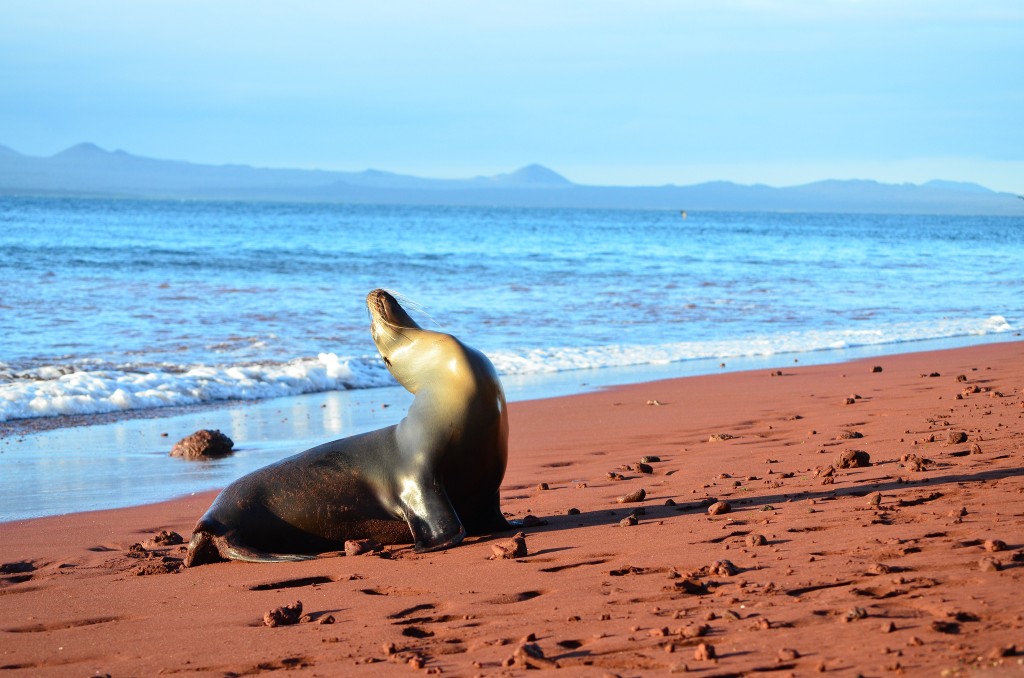
God knows our lives at home are spent glued to a screen of some description and none of us are in the dark about how much that sort of sucks. Still, we persevere, necks craned and eyes flicking between whatever the Internet wants to spit out at us that day. Cause we’re addicts.
But the (almost) complete lack of mobile phone signal or Wi-Fi in the Galapagos means you’re forced to look outward at real people and real things, not down at inane comments about dinner and the weather. It’s refreshing, and the best part is that you won’t even notice. I didn’t, anyway. I read more than I have in years, I had better conversations with the other travellers on my boat, I was able to concentrate more on things (like looking at birds) and I was probably a much better human being in general. Probably.
#4 People don’t suck
You can’t travel around the Galapagos Islands without being part of a group of some description. You’re simply not allowed. And while this might strike fear into the hearts of the most independent of independent travellers, it needn’t. Because for all the cheek travellers give other travellers, it turns out that most of them are pretty righteous individuals.
Everyone on my trip was different. The youngest we had was 15 and the oldest was 68, all from varying backgrounds and parts of the world. But everyone, without exception, was killing it at life. Some were travelling for months, some for weeks and some hadn’t done much travel at all. And as overly sentimental as it sounds, all of my experiences were made that much better for having a bunch of other good people to share the joy with.
#5 Some things are better left unseen
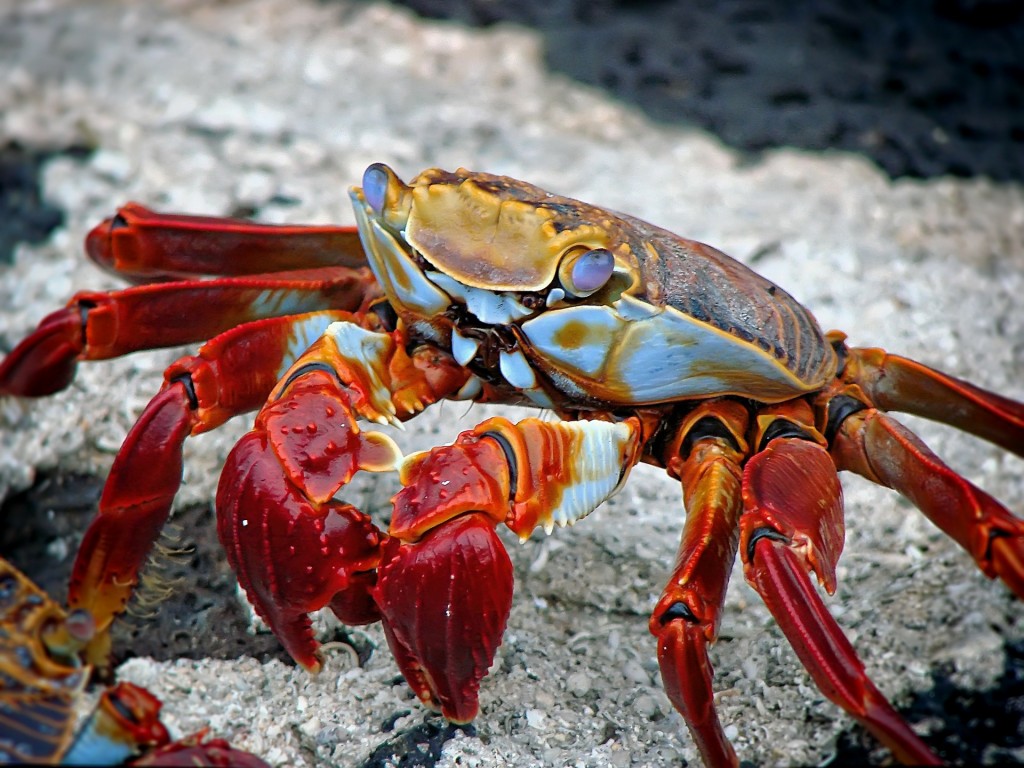
In the Galapagos, it’s important to stick to the tracks. You’re not allowed to wander off do your own thing, for preservation’s sake. If everyone wandered off on their own, there’s no telling the amount of extra damage the islands and their inhabitants would suffer. And that’s not cool.
I found this frustrating at the start, but towards the end I began to realise that there’s a kind of magic to the notion that there is a heap of stuff on these islands that no traveller would ever get to see. On Genovesa Island, for example, the rocky landscape rolled towards the ocean and into a cliff. There were thousands of birds ducking and diving and tumbling and rolling at the edge – which was 500 or so metres away, certainly out of the average Galapagos traveller’s remit for exploration – and the views would have been nothing short of mesmerising.
The thought of a never-before-seen panorama – a secret – off the northern side of the Galapagos Islands is as close to perfect as I could imagine. And the Galapagos Islands are full of secrets such as this.
#6 Stop and smell the roses
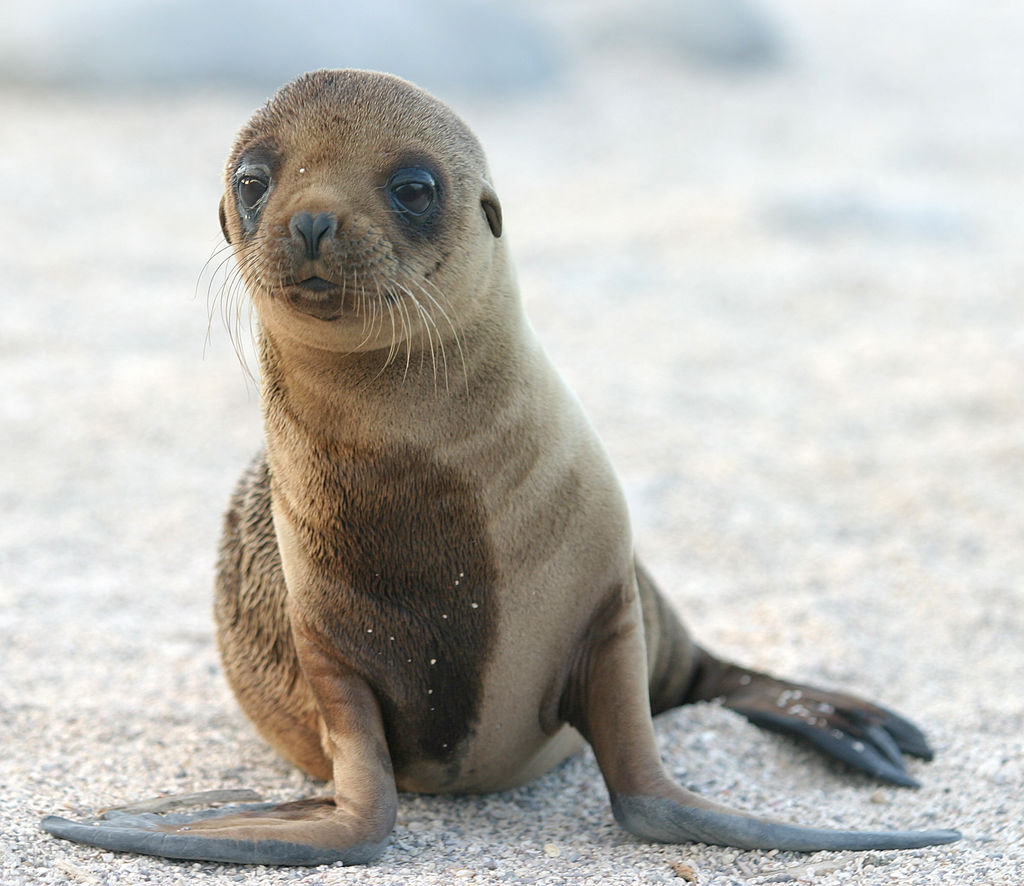
OK, you’d be hard pressed to find any roses here. I certainly didn’t see (or smell) any. But the place has this knack for stopping you dead in your tracks and making you realise that the world we live in is completely off its head.
Whether it takes a bunch of giant tortoises grazing like cattle two metres from you; snorkelling with a load of blacktip reef sharks no less than three feet below you; or walking across enormous plains of molten black lava for you to have your moment of reflection is unimportant. What’s important is that the Galapagos Islands put everything in perspective. We are tiny. Nature is massive, and completely without ego, and we should endeavour to stop every once in a while to think about that. With our minds.
(The writer was a guest of Gecko’s Adventures.)
Check out Qantas flights to South America here.
Travelling is fun, so sometimes Oliver writes about it.




